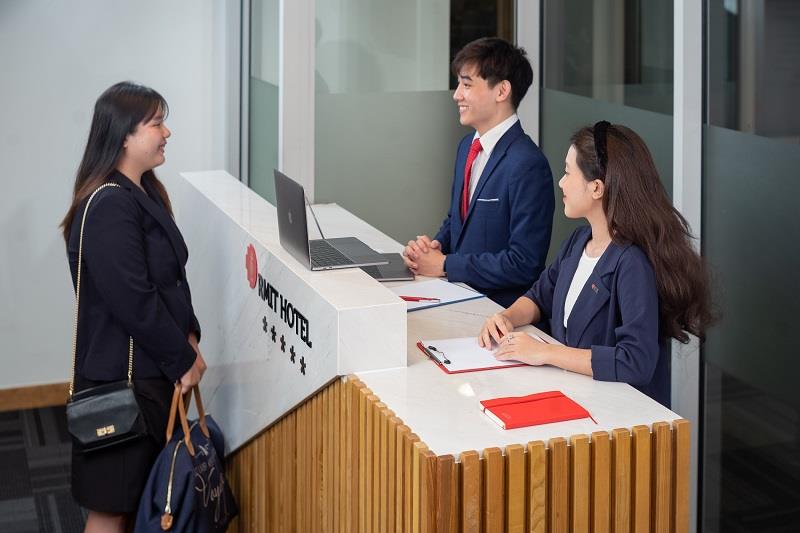Meanwhile, Coca-Cola Beverages Vietnam (CCBV) builds their employee wellbeing strategies on an evidence-based approach and puts wellbeing at the core of their business strategy.
The wellbeing landscape at CCBV is based on four pillars, including mental, work-life, physical and social. A shining example of CCBV's commitment to fostering meaningful connections in the workplace is the 9X+ project. This project empowers the youngest generation to take the lead in cultivating a borderless and multigenerational organisation, bringing together a diverse workforce from seven sales regions, three plants, and six offices nationwide.
The dynamic members of the 9X+ project have spearheaded initiatives such as organising more than 10 Dialogue workshops and hosting impactful series like Pride Month. These efforts bridge geographical, functional, and hierarchical gaps, enabling employees to embark on their own journeys of talent development and wellbeing.
Lastly, CCBV's culture of appreciation and recognition is amplified through the ‘Celebrating You’ platform, where over 23,000 instances of kudos and celebrations have been sent to employees, acknowledging their contributions and commemorating personal and professional milestones.
Despite all these initiatives from organisations, promoting employees’ wellbeing is easier said than done.
Ms Hang Pham, RMIT Associate Lecturer in Human Resource Management cited a finding from Gartner’s 2021 Employee Value Proposition Benchmarking Survey: among organisations offering various wellbeing programs, on average only one-third of HR leaders and employees reported using them. The figure for emotional or mental wellbeing support is particularly low, with only 23% of employees using such services although 87% of employees have access to them.
“Organisations still find it hard to get employees to participate in wellbeing programs. It’s important to understand that only when employees feel valued and listened to, are they more likely to participate in wellbeing initiatives,” Ms Hang said.








